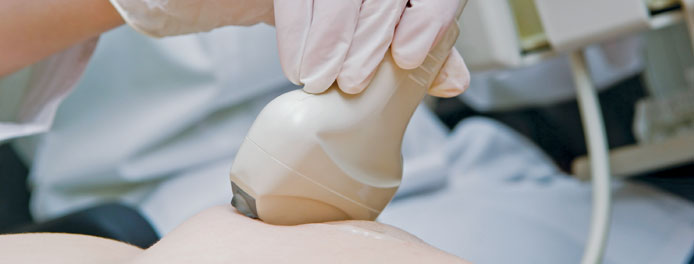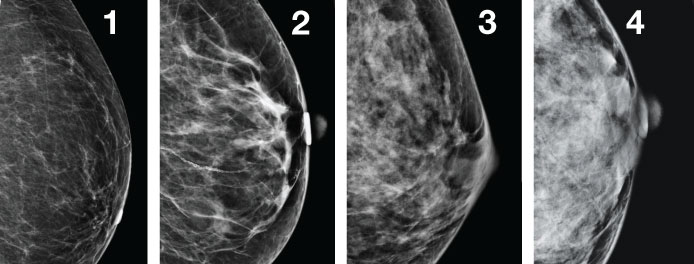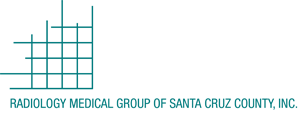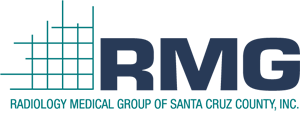Breast Ultrasound

Ultrasound, or sonography, produces images of the breast by generating high-frequency sound waves. As the sound waves bounce off breast tissues, they create echoes. A computer then translates these echoes into images on a screen, images that can show abnormalities (disease) within the breast. The process is fast, painless and completely free of radiation or harmful side effects.
At RMG, there are two distinct uses for breast ultrasound:
To determine the nature of a breast abnormality
In this case, breast ultrasound is a diagnostic test used to help evaluate breast abnormalities detected by a physician during a physical exam (such as a lump or spontaneous clear nipple discharge) and to characterize potential abnormalities seen with a mammogram. With ultrasound, it is possible to determine if the abnormality is a non-cancerous (benign) lump of tissue or a cancerous (malignant) tumor.
Supplemental breast cancer screening
Although mammography is the only screening tool for breast cancer that is known to reduce deaths due to early detection, it may not detect all breast cancers. Some breast lesions and abnormalities are not visible or are difficult to interpret on mammograms, especially in breasts that are dense. Automated whole breast screening ultrasound (ABUS) is clinically proven as a supplemental test to mammography for women with dense breasts.
Automated Whole Breast Ultrasound (ABUS)

1. Fatty 2. Scattered Fibroglandular Densities 3. Heterogeneously Dense 4. Extremely Dense
An important new screening tool in the fight against breast cancer.
All breasts are NOT the same. Recent clinical research has revealed that women with dense breast tissue (up to 40% of all women) are at an increased risk for breast cancer. For many women, peace of mind requires looking beyond mammography.
ABUS improves early detection in women with dense breasts. In fact, it has been clinically shown to improve breast cancer detection by 35.7% over mammography alone, and is especially useful at detecting smaller and earlier stage cancers, in dense breasts.
Are you dense? If you aren’t sure if you have dense breasts, or if your current mammogram provider does not measure breast density, call our center and we’ll be happy to provide information that you can use or share with your doctor. If you have dense breasts, you may qualify for an ABUS study. Visit www.areyoudense.org for more information.
Know your body. Know your options.
Breast density is now considered an important risk factor for breast cancer, and it pays to learn the facts for yourself. ABUS is safe, radiation-free and non-invasive, and is an excellent supplemental screening tool when used with mammography.
Automated Breast Ultrasound is now available at Dominican Breast Center. For the ultimate in convenience, we can schedule your mammogram and ultrasound for you during the same appointment. To schedule an appointment call 831-476-7711.

